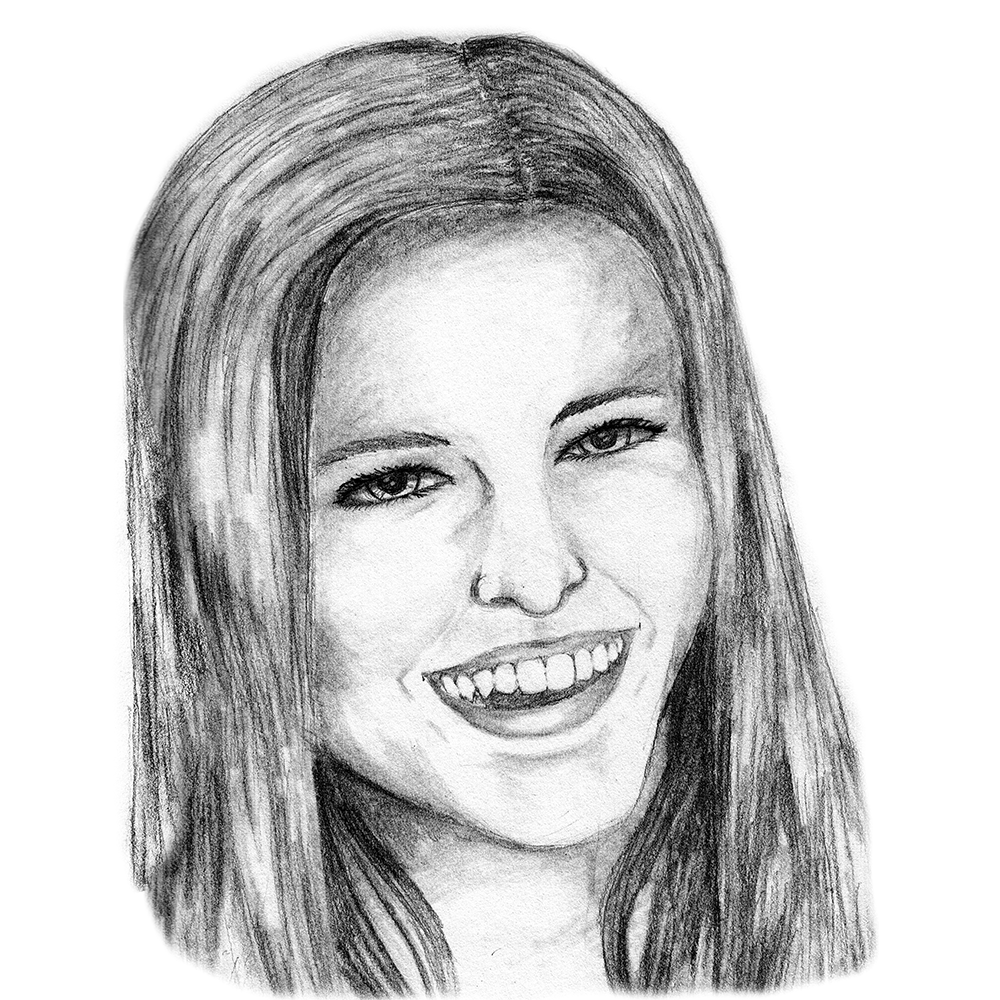I’m stressed out, so I’m not sleeping well. I have the usual workload, plus the extra load from the snow. I am worried about hearing back from graduate school, how I’ll perform in classes, how I’ll meet my extracurricular commitments and how I’ll do all of that while staying fit. And those are just the challenges I can predict — then there are those variables that are so far removed we hardly ever consider them, like what if my parents lose their jobs, if my brother gets sick, if I get sick, if someone dies. It’s rare, but those types of tragedies happen. And those are total game changers I can’t even begin to control for.
I know I’m not alone. It’s that point in the semester where we’re all a little burned out.
I was going to write about the science behind the negative health effects of stress and sleeplessness, but I don’t think that would really help anyone. We’ve all heard it before or read it in the Stall Seat Journal. Instead, I’m going to tell you a story about someone who also had a hard time sleeping at one point in his life: Carl Zimmer.
Many of you probably haven’t heard of him, but he’s one of my idols. He’s an accomplished science writer, a columnist for the New York Times, an author and a blogger.
Carl Zimmer was also a college student once, and, like many of us, he fell in love; his partner’s name was Esther. They graduated and made their relationship work while they were apart before living together in New York. Like many of us, Esther had plans to change the world, but something happened: Slowly, it became difficult for her to walk up the stairs. To get out of bed. To eat.
Like many of us, Esther took her time in getting to the doctor’s office, but when she did she was diagnosed with a rare form of pancreatic cancer. She and Carl tried to keep their spirits up while he worked as a science writer, but, like all of us will eventually, Esther died. She was in her mid-20s.
I don’t know how to grieve at this age, and I pray I won’t have to find out. So I don’t blame Zimmer for what he did next: He started thinking about his own death and other worst-case scenarios, and he started searching for them wherever he could. For a period he suffered from hypochondria where he was sure that he, too, would be diagnosed with some rare disease, and when all the tests came back negative, he looked for dangerous stories. Zimmer decided to report on parasites in South Sudan, and thanks to this experience he’s become an expert in the field.
But South Sudan is not for the faint of heart: It plays host to vicious malaria and a sleeping sickness whose only cure is arsenic. It harbors organisms that make your body their home and that crawl through your veins into your eyes, causing blindness. And then there’s the political conflict: Guns and explosions take lives every day.
One night in South Sudan, Zimmer also couldn’t sleep. He looked up through a ripped mosquito net and recognized that life’s too short to try to chance death all the time and worry about what may kill him eventually.
After that, he came back to America and started turning his life around. Now, he has a family and a thriving career. From an outside perspective, he seems to be pretty happy.
The reality is, bad things may happen along our way. But dwelling on the what-ifs won’t make them go away, and it won’t make it any better when they do pop up. Worrying has its place when there’s an aspect of life to be controlled, but if not, you’re better off letting go. If you’re always trying to plan for the bad surprises, you’ll miss the good ones. You have to wake up to the reality of our powerlessness, but also to the hope of all the good things that may come along our way instead.
Katherine Foley is a senior in the School of Foreign Service. CURIOUS BY NATURE appears every other Tuesday.















